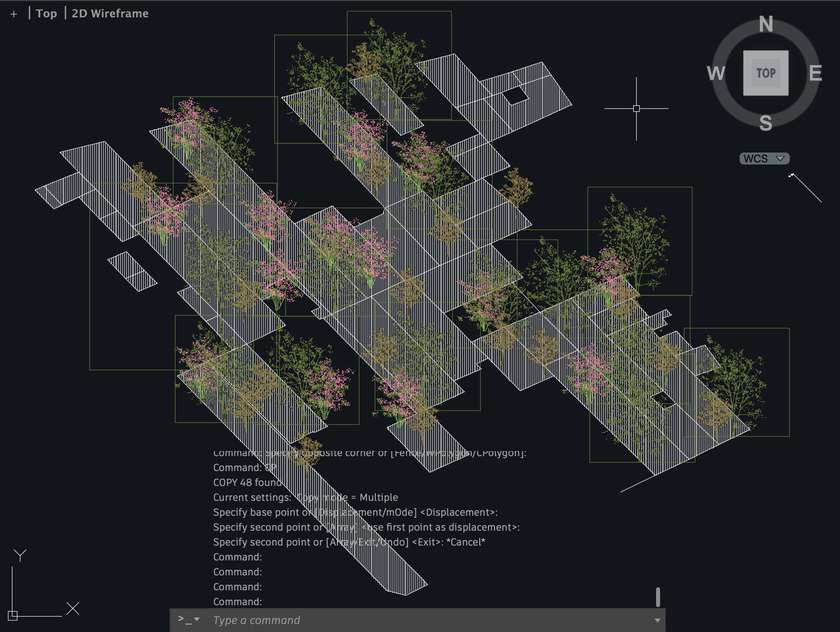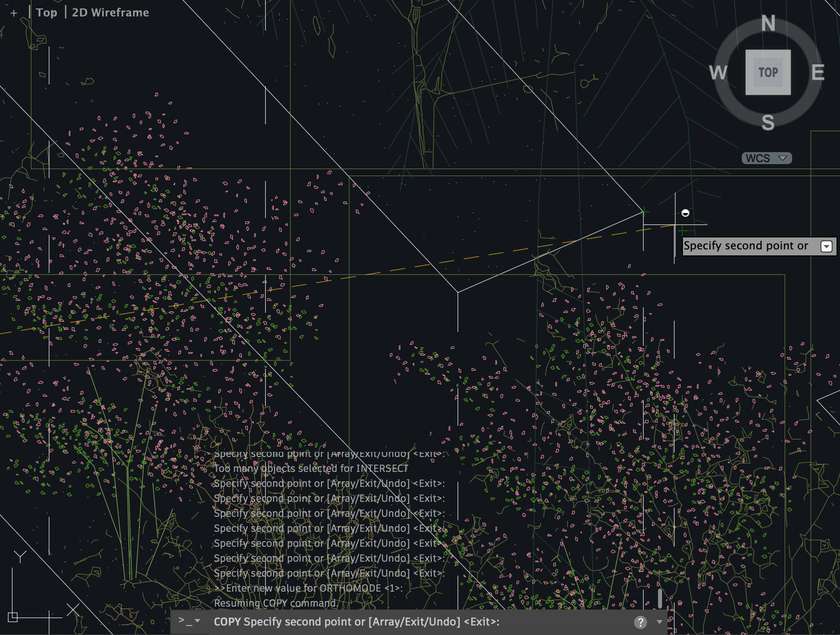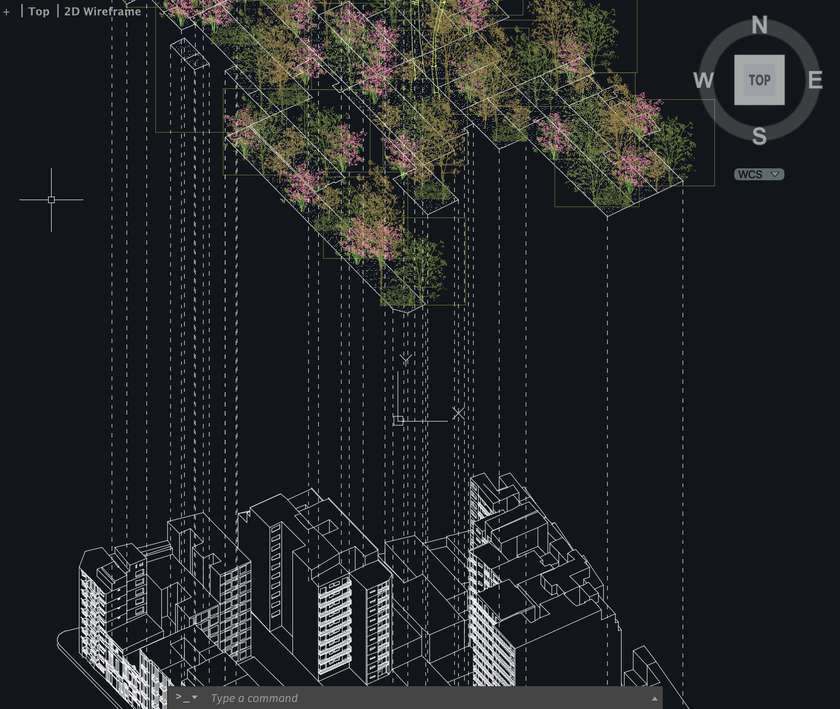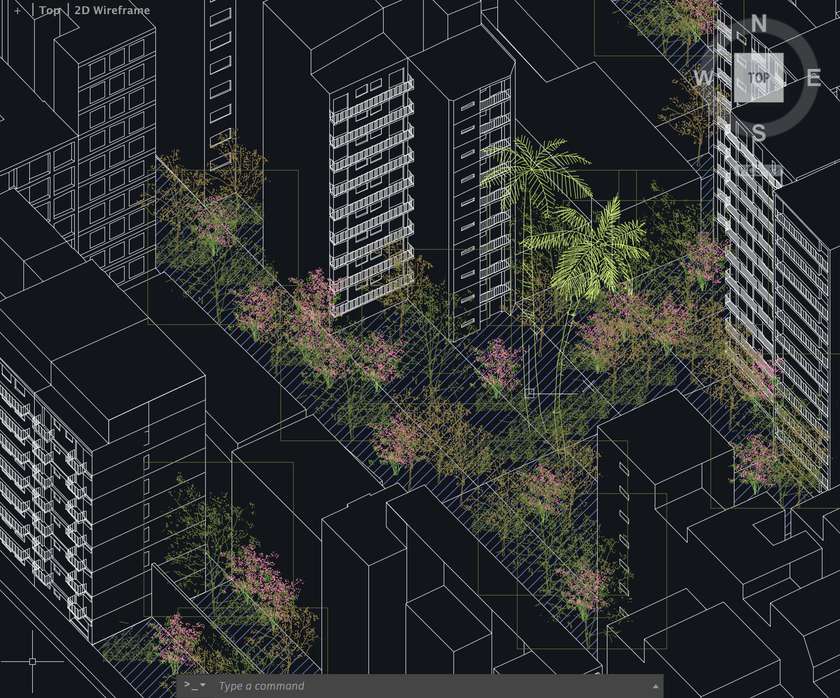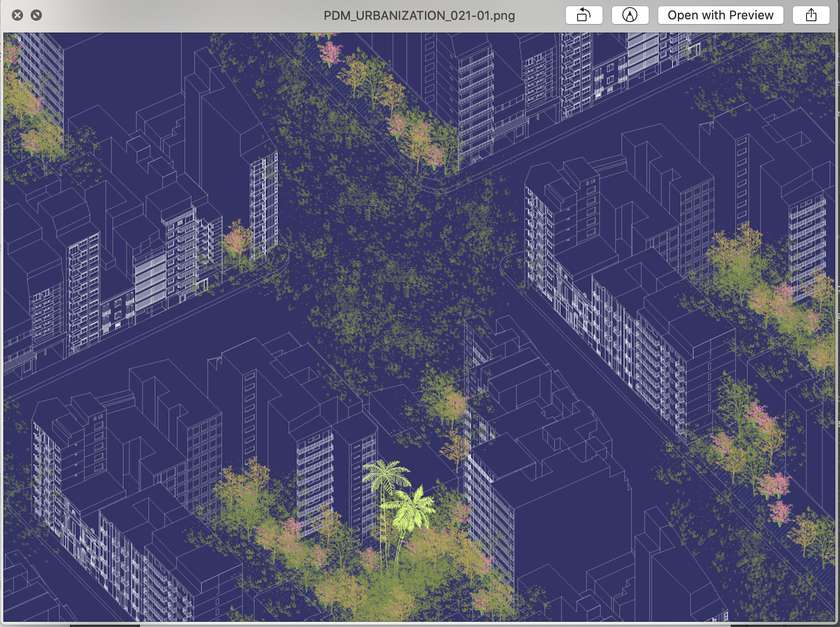Idea by
Lucia Legarreta
Call for ideas 2020
'PLANT-BASED UTOPIA'
'PLANT-BASED UTOPIA'
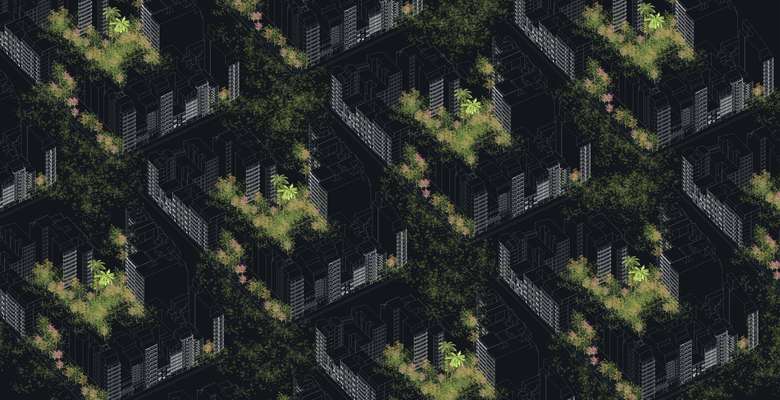
- New alliances
The idea presented could be a trigger for urbanists and architects to consider what are we doing with the unused or misused space within cities. The utopic scenario presented is useful to imagine how a city could work with nature: how both, people's lifestyle and ecology could benefit from a change like this, taking into account that cities are as well the first producers of pollution on earth. It showcases nature completely linked to architecture, not as a side discipline.
The ecological need and demand that we face today has to impact the way we think architecture, the way we live architecture and the way we behave around architecture. If we take this utopia to a macro level and picture the amount of blocks we have in a city, or even the amount of blocks in a country alone: what would happen if all of these inner-spaces were filled with vegetation? We will not only be serving the well-being and comfort of a society, but also enriching the world's ecology.
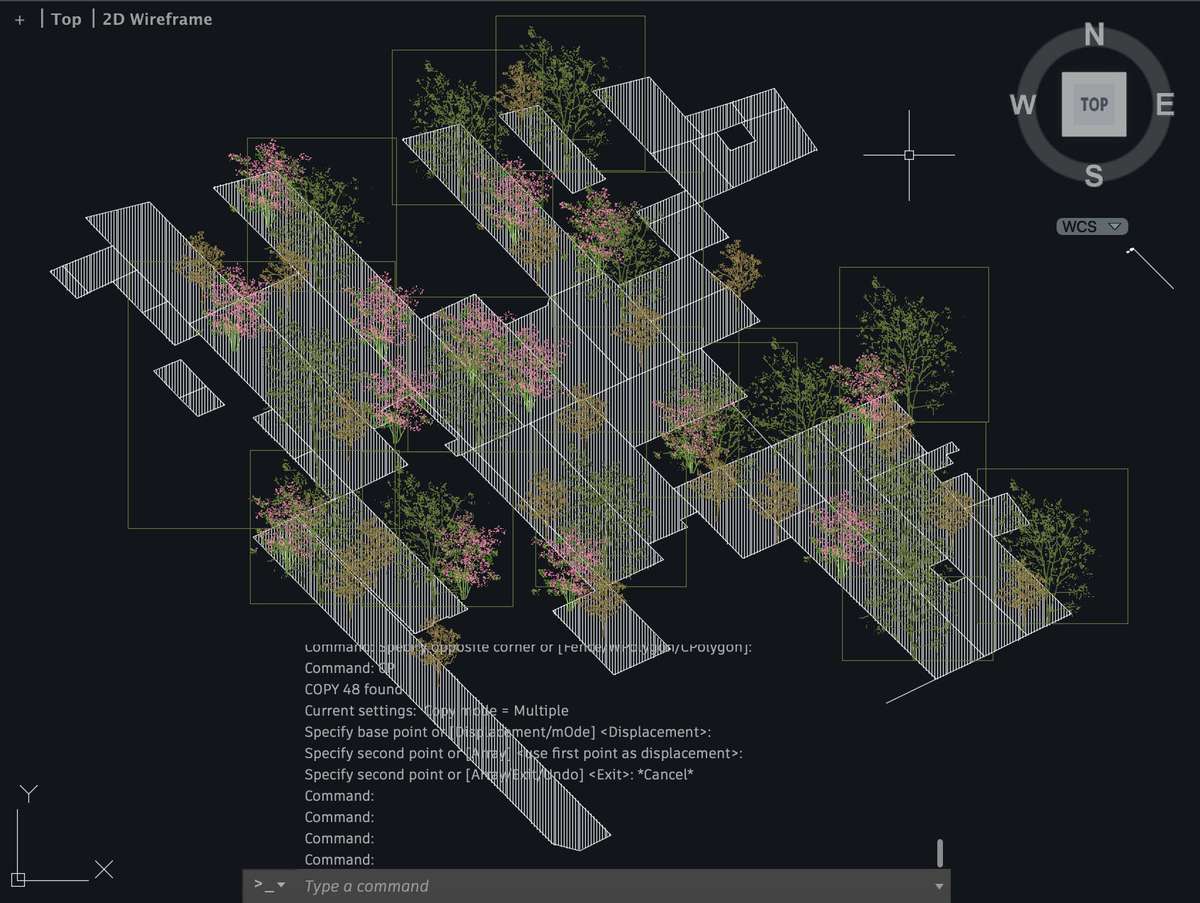
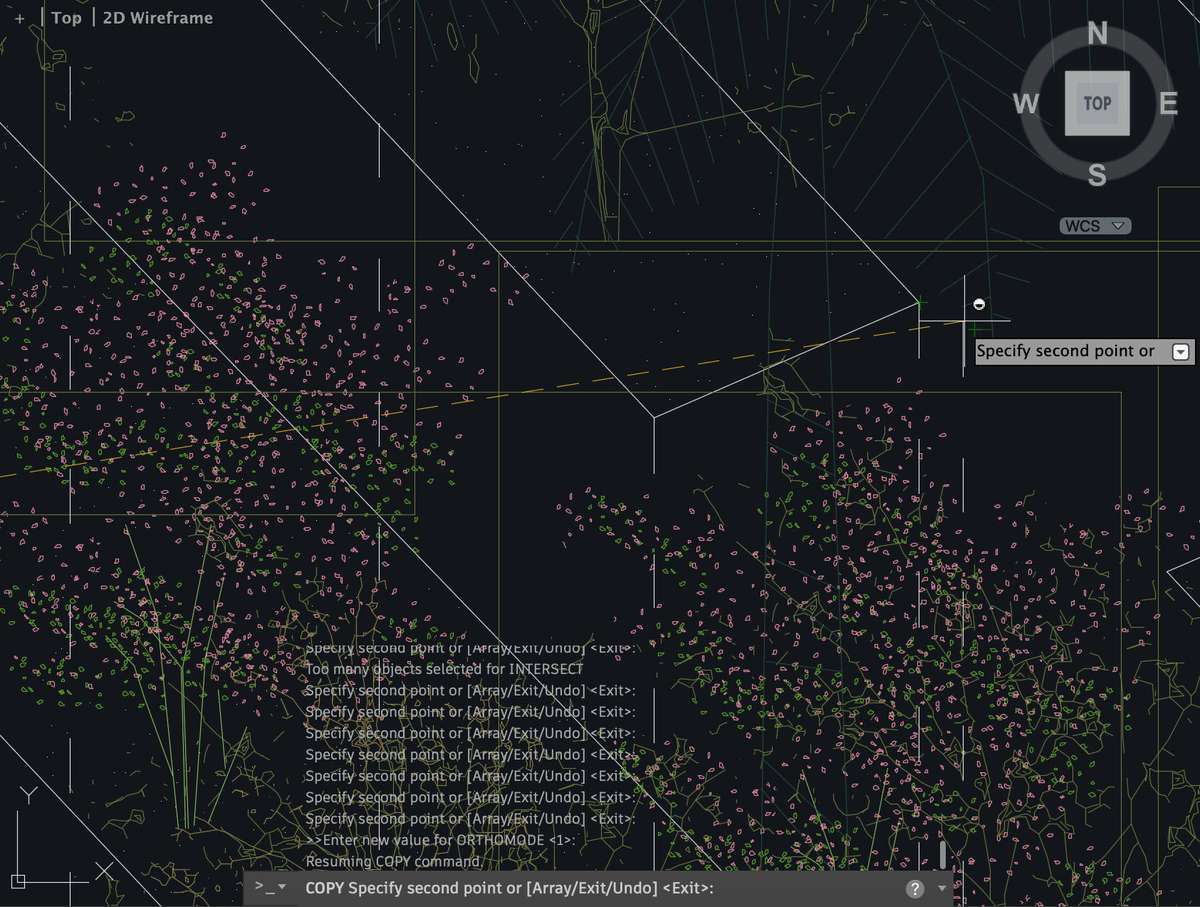
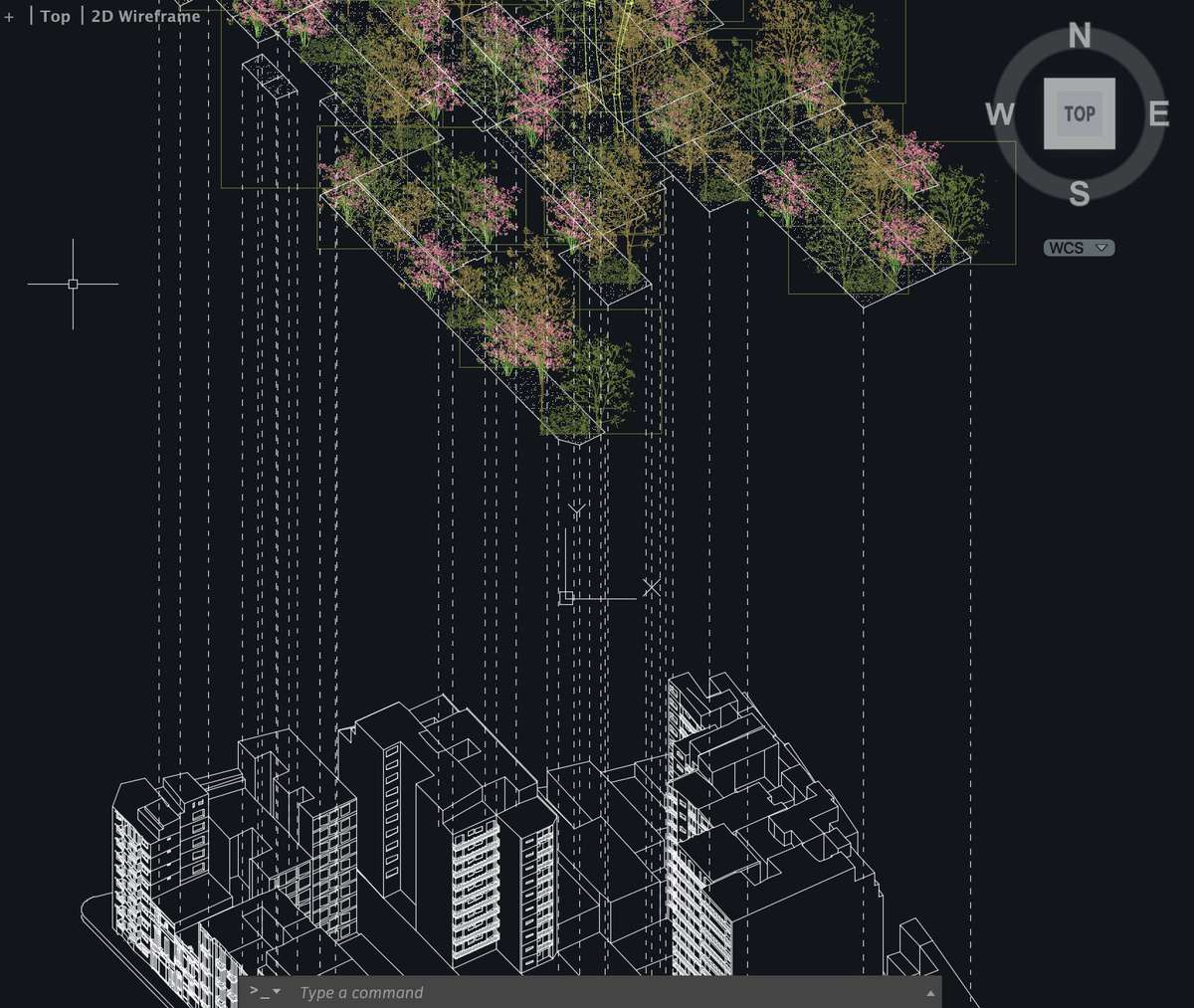
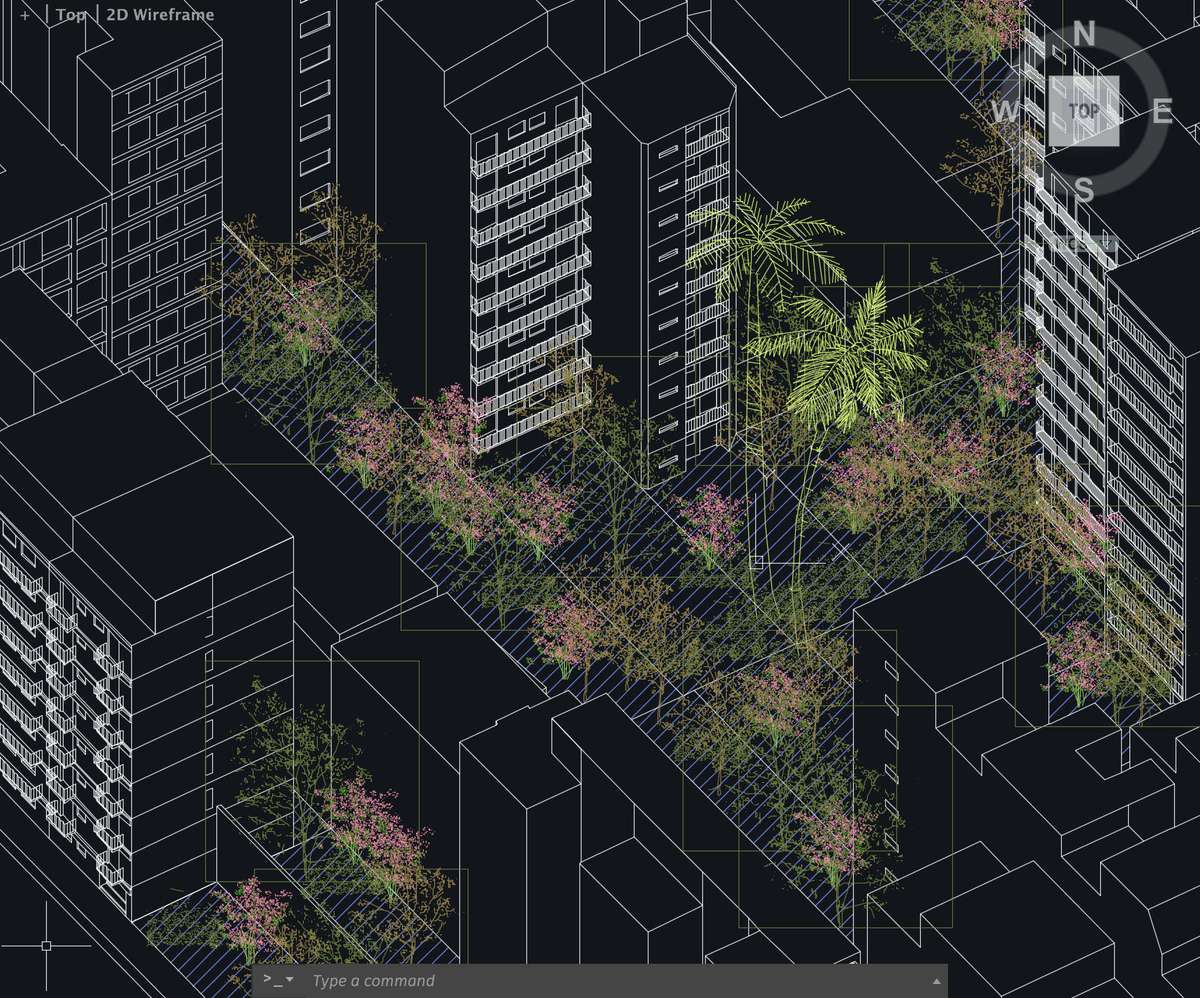
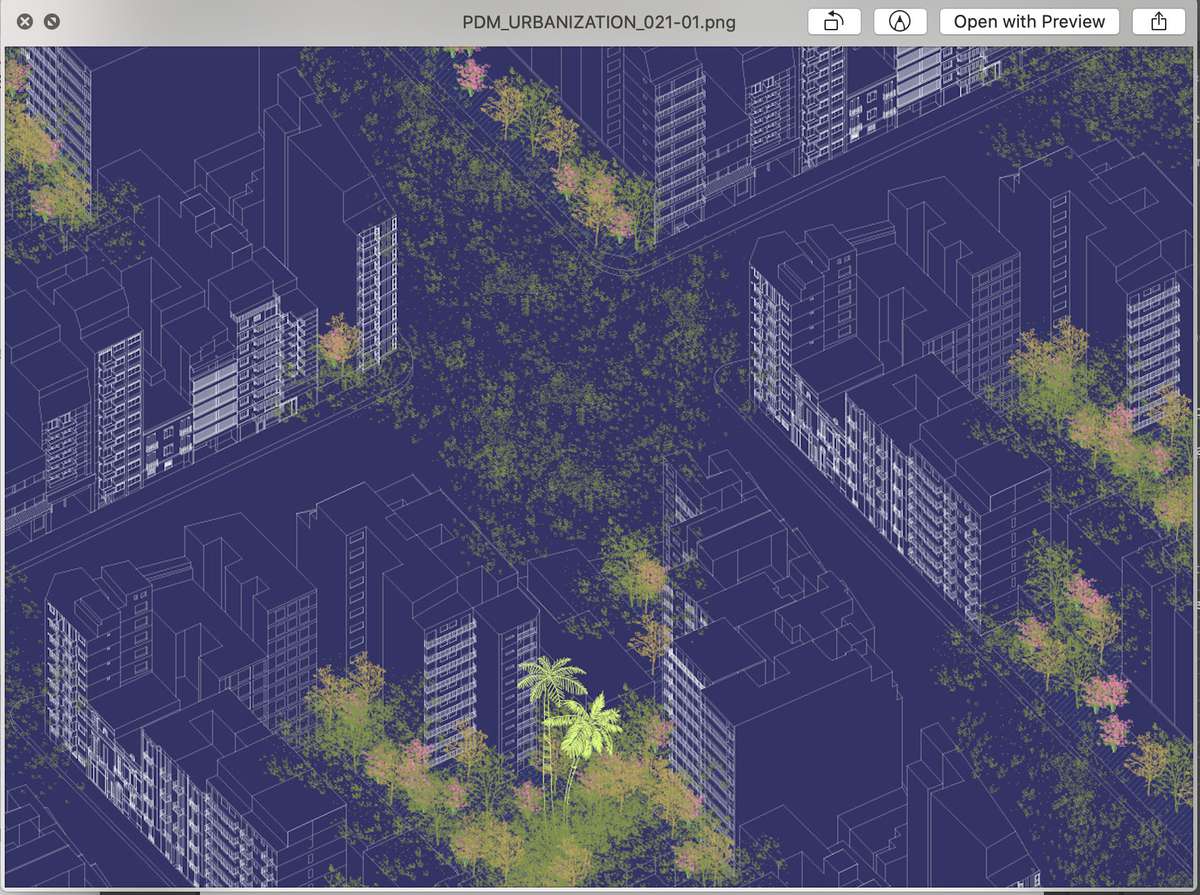
'PLANT-BASED UTOPIA'
'PLANT-BASED UTOPIA'

- New alliances
The idea presented could be a trigger for urbanists and architects to consider what are we doing with the unused or misused space within cities. The utopic scenario presented is useful to imagine how a city could work with nature: how both, people's lifestyle and ecology could benefit from a change like this, taking into account that cities are as well the first producers of pollution on earth. It showcases nature completely linked to architecture, not as a side discipline.
The ecological need and demand that we face today has to impact the way we think architecture, the way we live architecture and the way we behave around architecture. If we take this utopia to a macro level and picture the amount of blocks we have in a city, or even the amount of blocks in a country alone: what would happen if all of these inner-spaces were filled with vegetation? We will not only be serving the well-being and comfort of a society, but also enriching the world's ecology.
